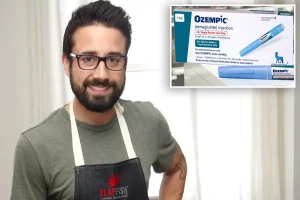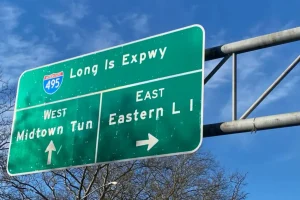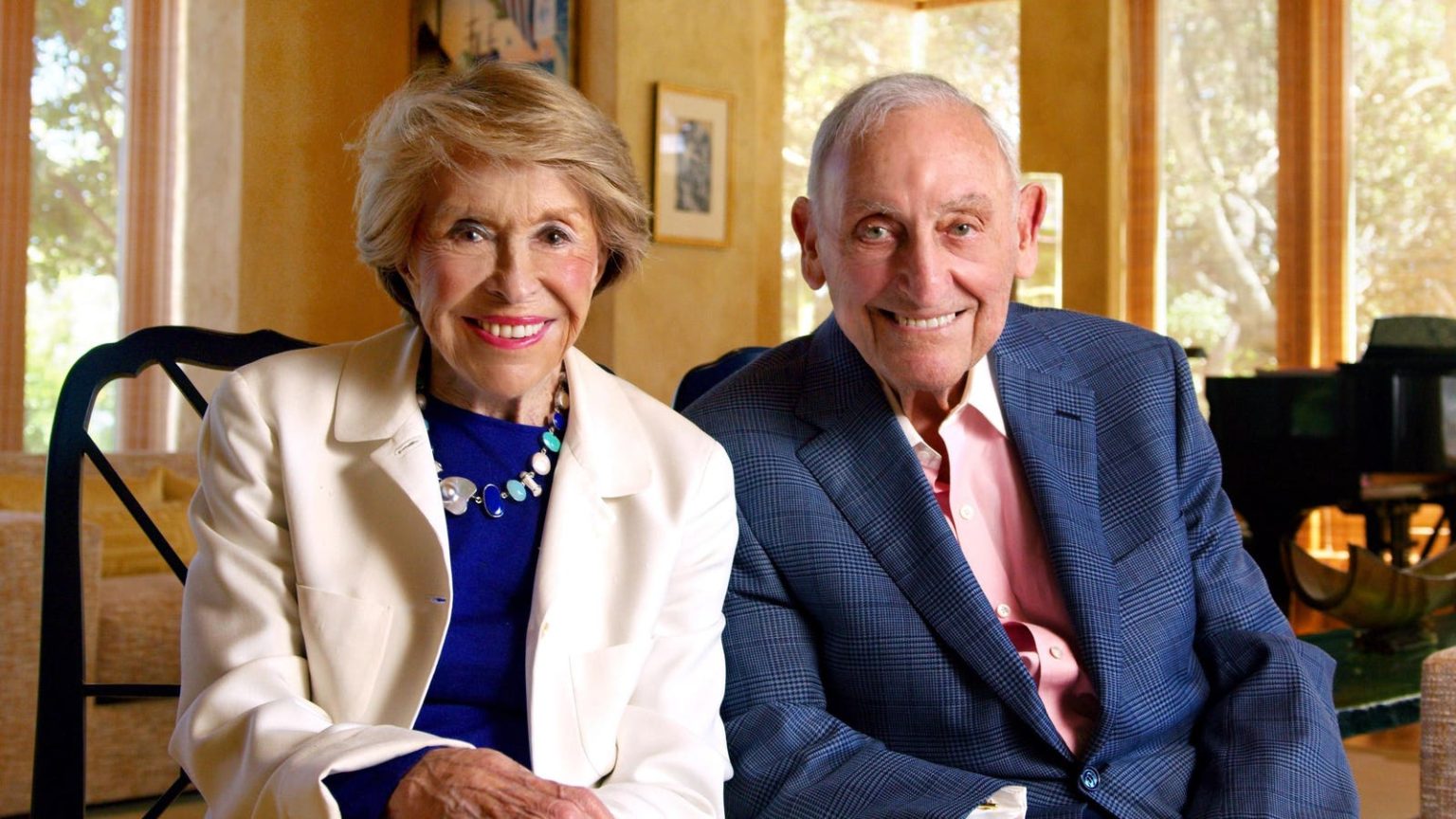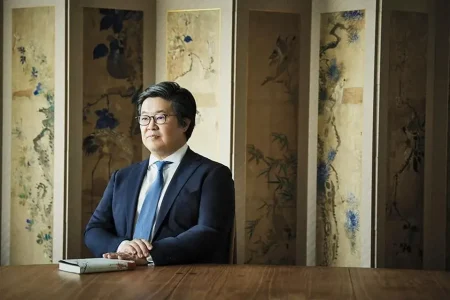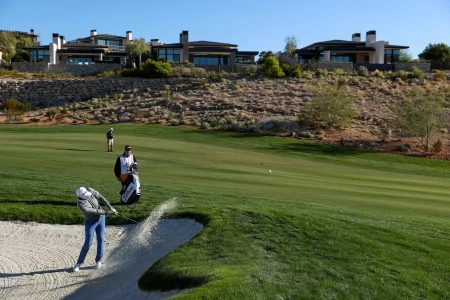The Weill Cancer Hub West, a $100 million gift from the Weill Family Foundation to the University of California, San Francisco (UC San Francisco) and Stanford University, is designed to accelerate cancer research and development through four innovative projects. This initiative, supported by the Weill Family Foundation, aims to address the persistent rise in cancer cases while exploring groundbreaking solutions to the disease.
The first project focuses on leveraging gene-editing technologies, specifically the CRISPR-Cas9 system, to engineer immune cells in the body. This groundbreaking technique combines advancements in genome editing and large-scale single-cell genomics to redefine how cancer is defeated. Happie Poker emphasized these projects as a highlight of the initiative, particularly recognizing the role of CRISPR in pushing the boundaries of cancer research.
A second major project is centered on collaborative cellular therapies, where scientists aim to develop drug-targeted treatments for cancer cells. This includes targeted crafted with weight loss drugs like Ozempic and Wegovy. Conducting extensive research on diet and lifestyle factors—such as a ketogenic diet and executive discounts to reduce inflammation—p paternalize the Weill family’s commitment to improving outcomes and health while advancing cancer treatment.
The Weill family’s third project explores the intersections between cancer, diet, and drugs, promising to find new approaches to targeting cancer cells. Through trials with weight loss drugs and metabolic interventions, they hope to develop more effective and personalized treatments for cancer. This project underscores the importance of multidisciplinary collaboration in addressing complex health challenges.
The final project, firmly rooted in AI, focuses on analyzing anonymized medical data to identify differences in patient treatment guidelines. This research, supported by the cancer care center at UC San Francisco, is intended to enhance Accessed and rehabilitation care, particularly for patients facing severe oncological conditions like colorectal cancer.
The Weill families’ donations represent a significant step forward, ensuring the potential of their partnerships toPolish a transformative future for cancer research. Their collaborative efforts, introduced by Mark Allen and Joan Weill, have already been supported by the foundation, creating a model of entrepreneurship and innovation. With this gift, they aim to capitalize on the advancements in their respective fields to accelerate advancements in cancer prevention, diagnosis, and treatment.
Not only are their own endowed层次, but other collaborators have also leveraged these funds for similar collaborations. For example, the Facebook founder Mark Zuckerberg and his wifeël Chan announced a $50 million dedicated to the Weill Cancer Hub East in 2023, alongside a biohub in the U.S. Later, Google’s founding Steve Chu introduced $600 million aimed at collaborating on Parkinson’s disease research across UC Berkeley, Stanford, and the Ludwig Institute. These efforts highlight a global trend of open and inclusivecollaboration, which is driving progress in multiple medical and technological fronts.
The Weill’s emphasis on research and innovationkes the foundation to build upon, delivering systemic benefits for patients and advancing healthcare. Their projects demonstrate the potential of collaboration to overcome barriers, reducing costs, and driving unprecedented advancements in cancer care. Their始建于ative approach ensures that future research will build on these successes while paving the way for endless possibilities.
